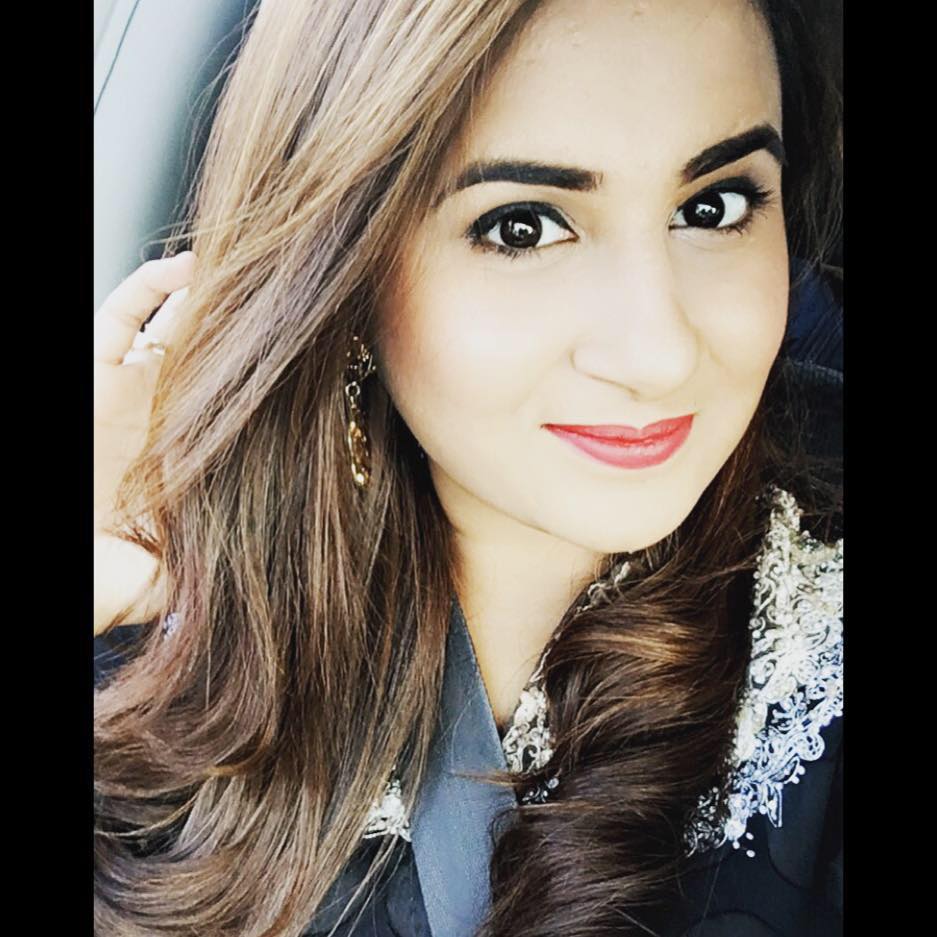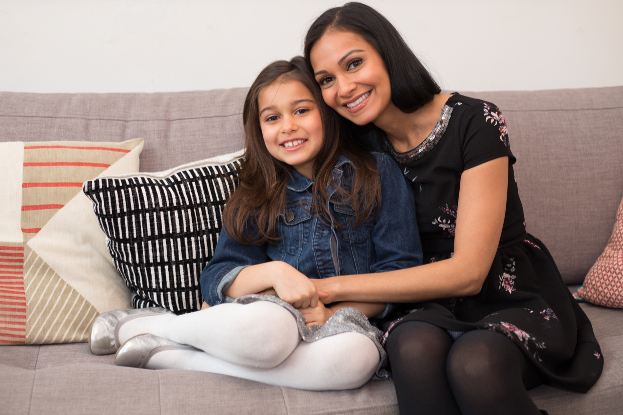by Ayesha Farhad – Follow @thecrazyammi
When you become a parent, life inevitably changes. We want to raise children who conform to some norms of society and yet we want them to do something bigger and better than we did. We want to pass down the values that were given to us and yet we want them to learn through all the ups and downs of life. Keeping all these challenges in mind, not to mention today’s political climate, I’m sharing a few ways to raise a confident brown girl.
Today, we celebrate the fifth International Day of the Girl Child, but when it comes to raising a girl in a South Asian household, we, as parents, are so confused that we pass on that confusion to our girls. They internalize that conflict and do not know how to deal with societal and family pressures.
More often than not, South Asian families tend to give boys all the independence so that they learn their lessons through falling and getting up and we hold the girls in this cocoon shell, scared that they will not be able to go through the same things in life. That is when we are wrong. But if you raise your daughter to be more independent with their decision-making skills, they become confident.
Of course, give her support and guidance but let her make her own decisions about what to wear, what to study, who to befriend and how to live. Send her abroad to study. Let her have a part-time job during high school and college.
1. Compliment and appreciate her more.
If there is one reason I am more confident today, it’s because I was appreciated. My mother made it a point to compliment us daily. Whether it was a simple “your hair looks nice today” or “keep smiling, you look very pretty.” These words resonated so much in my mind that I knew that I could get through the day without letting anyone get to me.
And more so, my mother appreciated all the efforts we put into school. Even if I scored the average grade mark, my mother made sure that she appreciated and that appreciation led to better grades next time because I had this confidence in me that I could do better.
Our families often forget to appreciate their own kids because they’re too darn busy comparing them to other children of the family—one of the reasons confidence is lacking in our girls.
2. C’mon dads, get more involved!
I know, this may not apply to a few families, but generally, in brown families, the father tends to just be the head of the house, who does not mingle with his daughters but makes very important life decisions for her. The girls, then in return fear their own fathers and are not confident enough to raise certain matters with them.
Once a father develops a bond with the daughter, she automatically feels that there is someone to fall back on. Give advice to your daughters, help them in all walks of life, do not fear of what other people in the family will talk about. People will talk about it for a day and the next day they will be talking about someone else. Let your presence be prevalent in your daughter’s life.
[Read More: 7 Simple Ways to Raise a Confident Child ]
3. Give her the body confidence she deserves.
We, as parents, must walk a thin line when giving them a boost of being confident in their own skin. APPRECIATE their size, their color, their features. If they have a darker skin color than the rest of the family, please do not drench them in a sea of fairness creams. If they are chubby and carry a bit of weight, do not force them to go on crazy diets, instead, motivate her to live a healthier lifestyle with better food and yoga.
Compliment their features instead of making them feel awful about it. Make them feel confident in their own bodies.
4. Marriage is not her ONLY happily ever after.
There was a time when fairytale endings were a girl’s only fantasy. We have come a long way from that. Today’s women work, achieve and win. In the end, most of us crave for a companion and a family of our own but that does not mean we make wedding planning and marriage our ultimate goal.
In today’s day and age, it is very important to respect your daughters and their decisions. If you end up making all the choices and decisions for her and expect her to stay in the shell you have created for her, she’ll never face the world with confidence and make her own lifestyle choices with self-assurance.
[Read Related: Tiger Mom, Indian Style ]
 Ayesha Farhad is a parenting and lifestyle blogger from London. A total doodh-patti chai addict. Always ends up buying more mascara than the average beauty junkie and dreams to lose weight while eating a huge bag of tortilla chips with her son. @thecrazyammi
Ayesha Farhad is a parenting and lifestyle blogger from London. A total doodh-patti chai addict. Always ends up buying more mascara than the average beauty junkie and dreams to lose weight while eating a huge bag of tortilla chips with her son. @thecrazyammi





